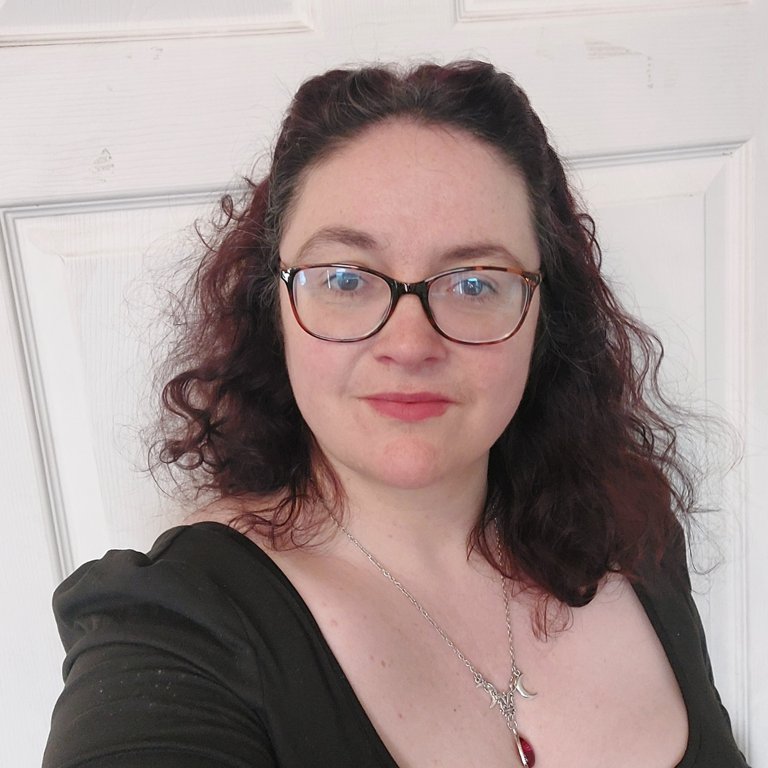Course Overview
The MA in Public History and Heritage is a flexible master’s programme designed to offer academic training for those interested in research careers, and the relevant skills needed to enter roles in the heritage or related sectors. It is also well suited to those looking to proceed to doctoral level study before entering the sector in a higher-level curatorial role.
A range of stimulating modules include themes covering the understanding of galleries, libraries, archives and museums, conflict heritage, medieval manuscripts, and contemporary history. The flexible nature means the programme can be tailor-made to suit your individual interests (for example, a focus on Ancient Greece and Rome, or a focus on contemporary local history).
Throughout your studies, you will be encouraged to build your analytical and methodological awareness of key concepts and approaches to communicating the past to different public audiences. You will also learn more about the history of heritage, and the lively role of public history and heritage within global debates.
The programme proceeds in a logical fashion, progressing from theoretical classroom-based discussion of heritage and public history through to the practical application of this knowledge in the workplace environment.
A key aspect of the programme is the opportunity for you to engage both with external heritage organisations, and with staff projects in heritage and public history, enabling you to gain practical, hands-on experience in relevant settings.








